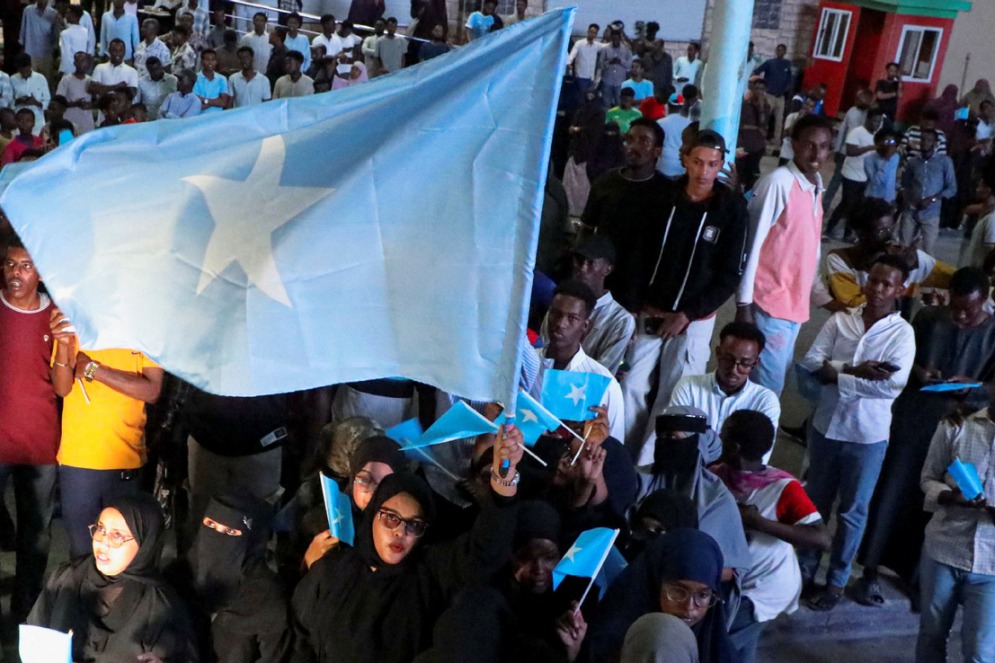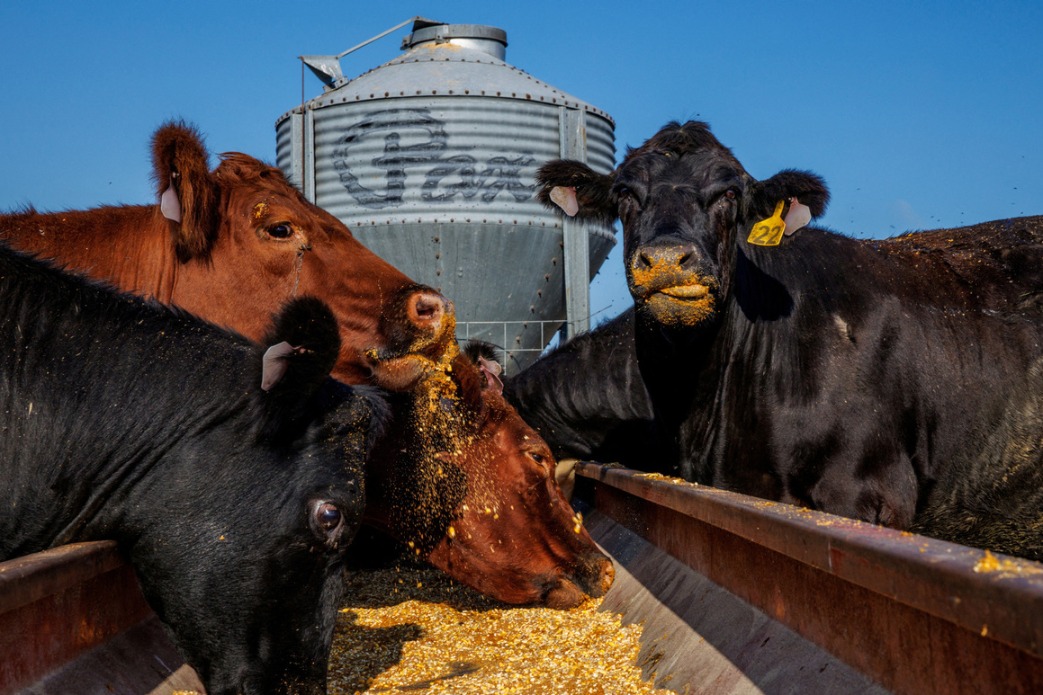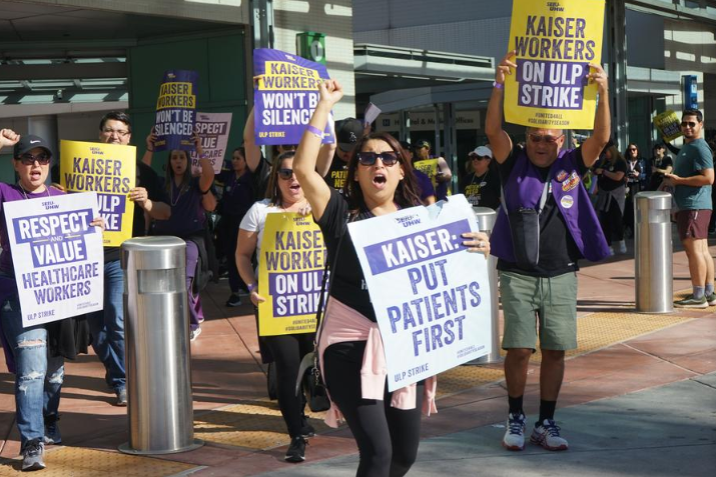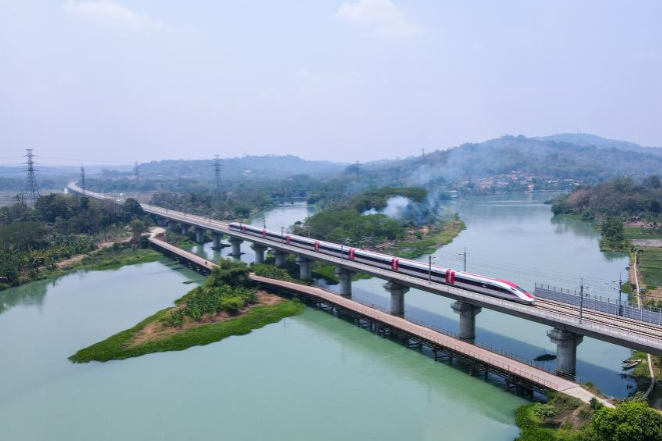SADC urged to strengthen regional integration amid rising global tariffs

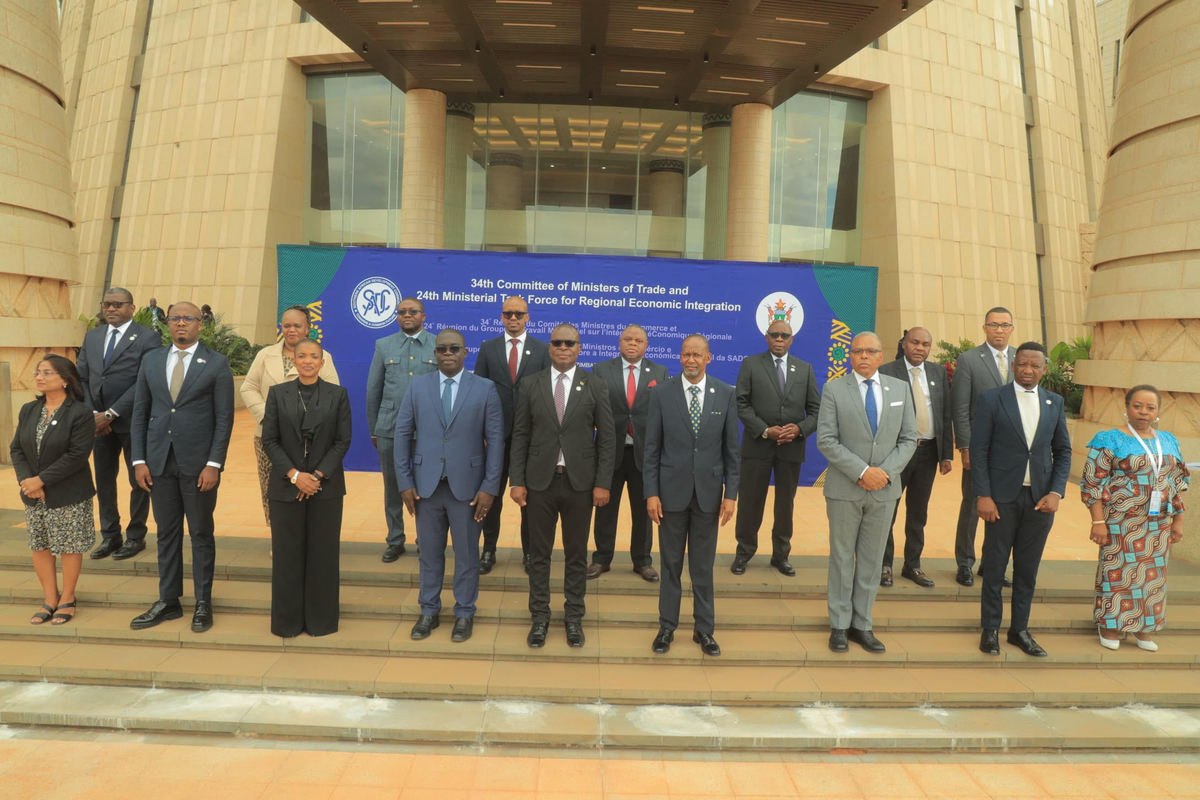
With United States trade preferences in doubt and global tariffs on the rise, the Southern African Development Community, or SADC, faces growing pressure to rethink its external partnerships and accelerate efforts toward deeper regional integration.
At the 34th meeting of the committee of ministers of trade and the 24th meeting of the ministerial task force on regional economic integration in Harare, Zimbabwe's capital, SADC officials warned that reliance on traditional development partners is becoming increasingly risky. They emphasized that member states must chart a more independent course in defining trade priorities, securing markets, and driving inclusive economic growth across the region.
Speaking on Thursday, SADC executive secretary Elias Magosi said at the meeting that the changing global tariff landscape has redefined trade dynamics, prompting the region to adopt pragmatic and strategic responses.
He warned that global trade dynamics were shifting rapidly, and Southern Africa must adapt.
"We must shape and determine our destiny going forward," Magosi said. "Our region needs robust negotiation capacities that will allow us to define trade and economic frameworks on our own terms."
His remarks come amid growing uncertainty over the future of the African Growth and Opportunity Act, or AGOA, a US trade program that grants eligible African nations duty-free access to American markets. He said many SADC countries have long relied on AGOA for preferential access, but the potential imposition of a blanket 10 percent tariff on all US imports — currently under discussion in Washington — threatens to upend that model.
"With AGOA's renewal still unclear as its expiration looms this September, we must take these geopolitical signals seriously," said Magosi. "This is a wake-up call for us to deepen cooperation and integration across the region."
Magosi also lamented the persistently low levels of intra-SADC trade, which remain at just 18 percent despite the establishment of a free trade area in 2008.
"The full implementation of the SADC Free Trade Area by all member states is essential," he said. "It's time we translate trade agreements into tangible economic growth for our people."
Amon Murwira, the chairperson of the SADC council of ministers stressed the importance of unity for SADC member states stating that "fragile state of global trade relations ranging from unilateral actions, reversals of trade commitments, and threats to multilateralism reinforces the need to build our collective resilience, through promotion of sustainable development, deeper regional integration, stronger value chains, and expanded trade within our own region".
The 16-member SADC bloc includes countries such as South Africa, Tanzania, Zambia, Zimbabwe, Angola, and the Democratic Republic of the Congo.
As global trade becomes increasingly volatile, Magosi emphasized that solidarity and strategic foresight will be key to shielding the region from external shocks and securing its economic future.
















